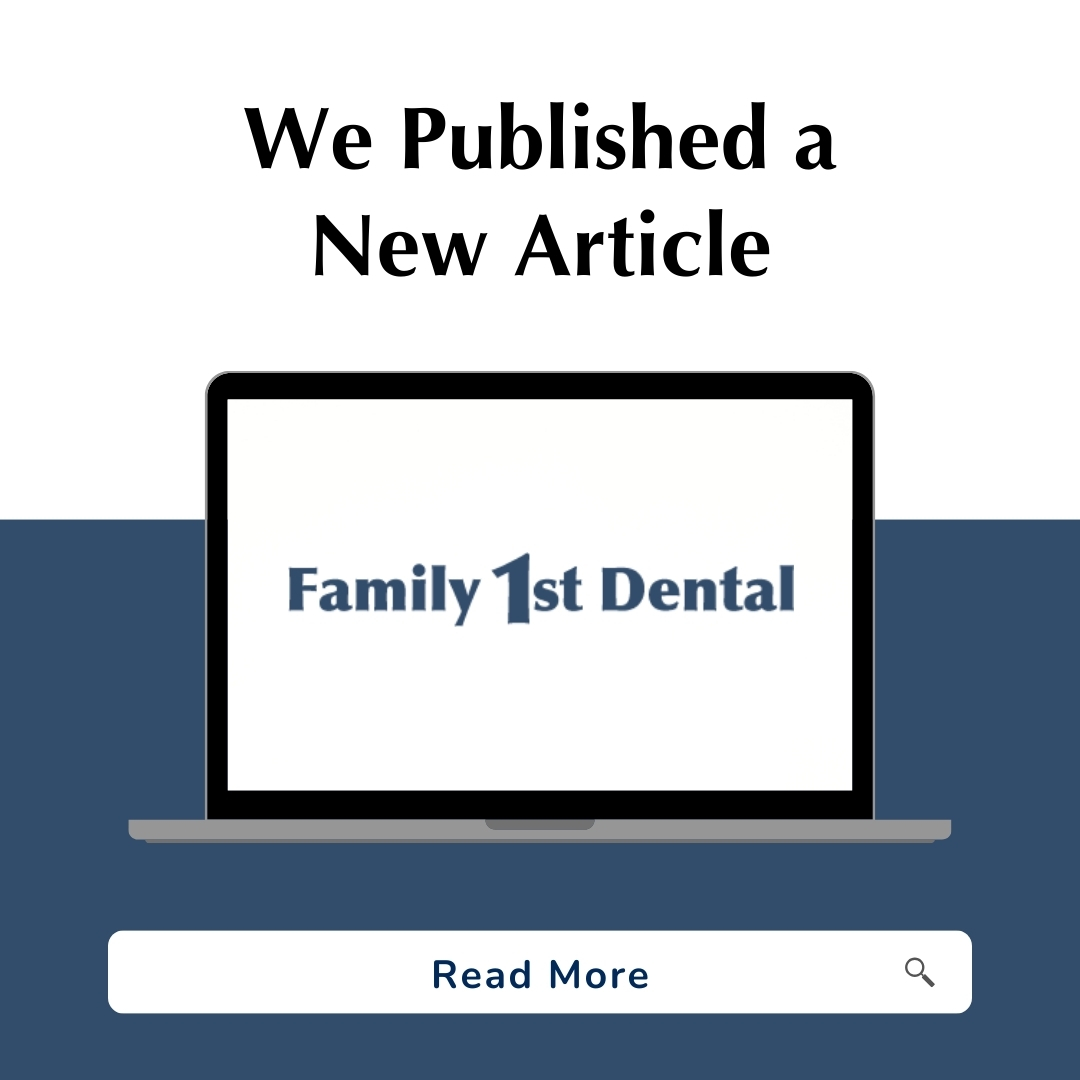
Flossing—it’s one of those dental habits that many find challenging to incorporate into their daily routine. Whether it’s due to difficulty maneuvering traditional floss, messiness, or time constraints, you’re not alone in your struggle. However, both The American Dental Association (ADA) and our dental team at Family 1st Dental in Onawa want to ensure you can effectively remove plaque from those hard-to-reach places. Here are some convenient alternatives to traditional flossing that can help maintain your healthy smile:
1. Disposable Floss Picks These handy tools feature plastic handles with pre-threaded floss, making them easy to use without the hassle of measuring or threading. Perfect for travel or on-the-go use, simply grab a handle, insert the floss between your teeth, and dispose of the pick when finished.
2. Non-Disposable Floss Picks With longer handles than disposable picks, these alternatives are great for individuals with small mouths or crowded teeth. They make reaching back teeth a breeze and provide added convenience.
3. Water Flossers Utilizing streams of pressurized water, electronic flossers effectively clean between teeth. Available in various models with adjustable pressure settings, they cater to different preferences and ensure comfortable use.
4. Interdental Brushes Resembling tiny toothbrushes, interdental brushes are particularly useful for those wearing braces or experiencing mobility issues. Reusable like toothbrushes, they offer a convenient option for maintaining oral hygiene between dental visits.
5. Air Flossers Harnessing air pressure and water, air flossers provide a high-tech solution for cleaning teeth and gums. Less messy than water-based options, they offer simple point-and-click instructions for effortless cleaning between teeth.
Maintaining cleanliness between teeth and gums is vital for oral health. Discovering tools and techniques that suit your needs is key to establishing lifelong habits and achieving a lasting, healthy smile. Consider trying any of these flossing alternatives or reach out to our office for personalized recommendations. Our dedicated team is here to evaluate your unique needs and help you find the solution that’s perfect for you.













